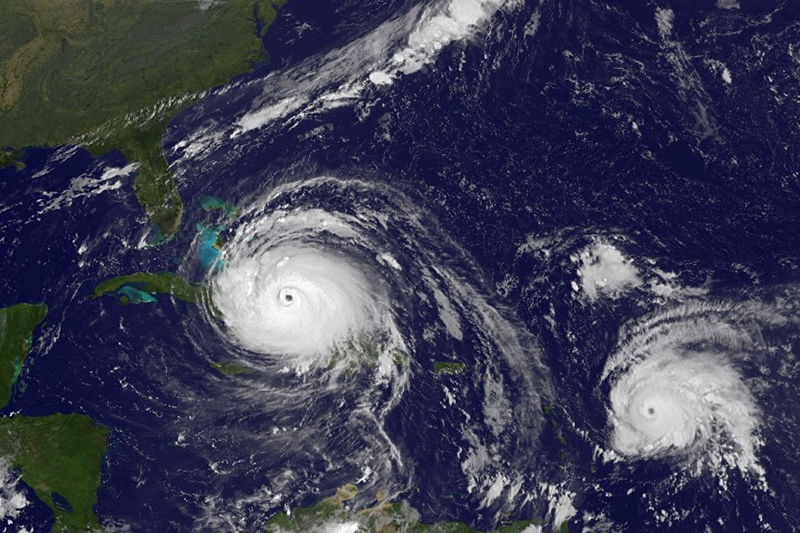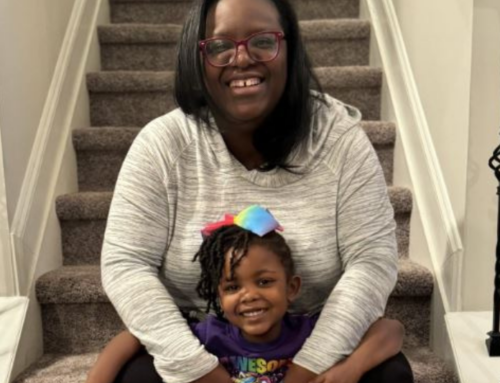The growing number of recent natural disasters and tragedies have directly touched some of our Change Matrix team personally, and have affected us all in some way, as part of a global community. These traumatic events prompt us to consider proactive measures and post-impact considerations related to individuals directly or indirectly affected, as well as those providing a service or response to the events. Reflecting on these considerations may enhance our resilience; and emergency preparedness planning, and enable us generally to prepare and respond more effectively and organically. Two post-impact considerations are 1) cultural and linguistic responsiveness, and 2) mental health.
Some related resources we’ve put together on the topic:
Using Culturally-Aware Practices to Inform Emergency Preparedness and Recovery Efforts for Future Disasters
Cultural and Linguistic Competency for Disaster Preparedness Planning and Crisis Response – The racial and ethnic diversity of the United States population is increasing. An inclusive and integrated approach to disaster and emergency preparedness, response, and recovery activities ensures that culturally and linguistically diverse populations are not overlooked or misunderstood. Public health officials and emergency managers who are prepared to address the cultural needs of communities affected by adverse events can be instrumental in reducing people’s psychological distress and meeting the community’s needs to recovery effectively. This web page will introduce and connect you to resources and tools that enhance and address cultural and linguistic competency to help mitigate the impact of disasters and emergency events.
National Resource Center on Advancing Emergency Preparedness for Culturally Diverse Communities (“Diversity Preparedness”) – This web-based library of resources and information on disaster preparedness for culturally diverse communities and other at-risk populations includes planning tools, fact sheets, trainings, and other materials. They are geared for public health, healthcare, emergency management, and social service providers who work with diverse and high-risk communities. See the groundwork for this website’s inception.
Developing Cultural Competence in Disaster Mental Health Programs – Peoples’ reactions to disaster and their coping skills, as well as their receptivity to crisis counseling, differ significantly because of their individual beliefs, cultural traditions, and economic and social status in the community. For this reason, workers in our Nation’s public health and human services systems increasingly recognize the importance of cultural competence in the development, planning, and delivery of effective disaster mental health services.
Culturally-Sensitive Trauma-Informed Care – Culturally-Sensitive Trauma-Informed Care refers to the capacity for health care professionals to effectually provide trauma-informed assessment and intervention that acknowledges, respects, and integrates patients’ and families’ cultural values, beliefs, and practices.
Cultural and Linguistic Responsiveness in Emergency Preparedness
LGBTQ
Emergency Preparedness and LGBTQ: What Health Centers Need to Know
Special Populations
Toolkits, fact sheets, referral sites, and other resources for special populations and responders
Emergency Preparedness: Including People with Disabilities
Children and Youth
Helping Children Cope with Tragedy-Related Anxiety
Tips for Talking with and Helping Children and Youth Cope After a Disaster or Traumatic Event
Psychological First Aid for Schools – Field Operations Manual
Reproductive Health
CDC Reproductive Health Emergency Preparedness and Response Training
First Responders: Support for Pregnant Survivors of Abuse or Rape during Disasters
Mental Health and Post-Event Considerations
How Stress Affects your Health
Compassion Fatigue Awareness Project
Spanish Language Resource on Children and PTSD
Psychological First Aid Operations Guide in Multiple Languages
Disaster & Trauma Mental Health Resources
FEMA Tips on Coping with Disaster
Get Involved with Community-Oriented Groups
National Voluntary Organizations Active in Disaster
Portlight: A disaster response group dedicated specifically to people with disabilities




